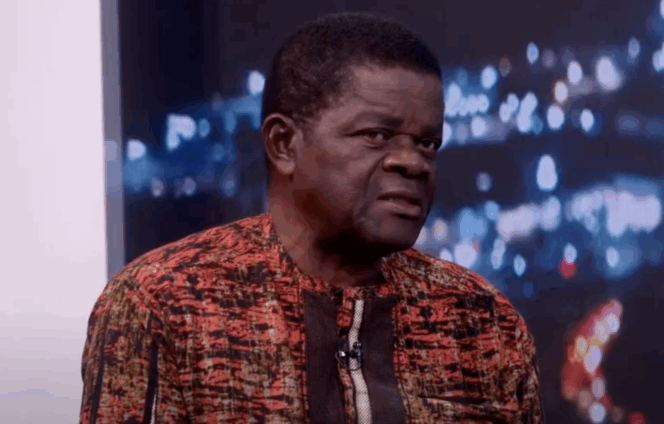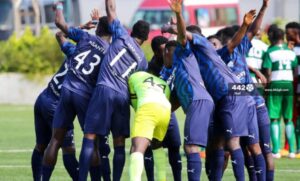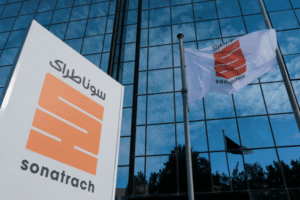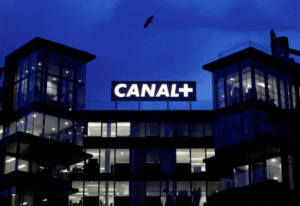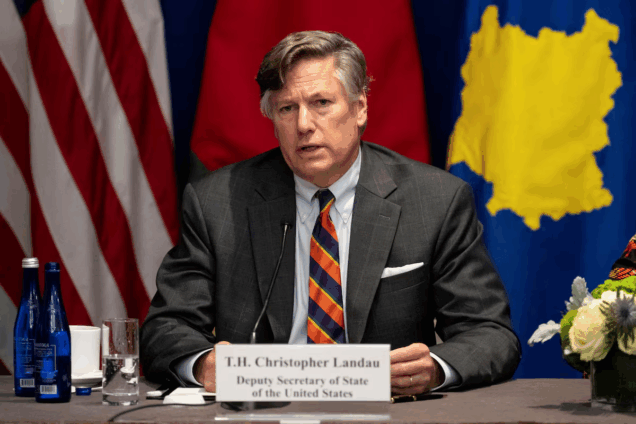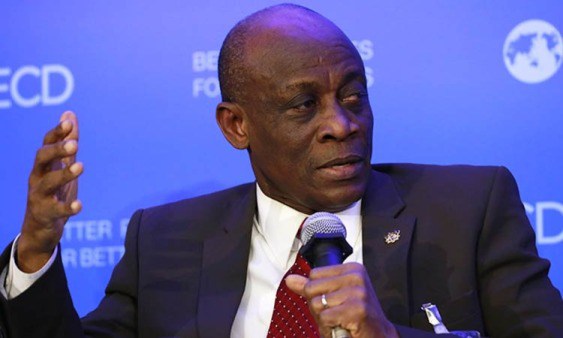Former Director of the Ghana School of Law, Kwaku Ansa-Asare, has raised serious concerns about the Legal Education Bill currently before Parliament, describing it as “troubling” and “incomplete.”
Speaking on Joy News’ PM Express on Monday, June 2, he argued that the bill fails to capture the full scope of challenges facing the training of legal professionals in Ghana.
“In the first place, the title—Legal Education Bill—is a little troubling,” he said. “Legal education comprises the academic route as well as the professional route.”
He warned that unless the bill expands to include provisions for legal practice, it will fail to resolve the persistent problems in Ghana’s legal training regime.
“If the government intends to decentralise or maybe regionalise, to ensure that all the law faculties are converted, sort of, into institutions that are capable of training intending lawyers, then the designation or the bill must be legal education, legal practice.”
Mr Ansa-Asare cautioned that a narrow focus on the academic component of legal education leaves a critical gap.
“If we desire to arrest some of the intractable challenges facing the training of lawyers, then the bill must be holistic and cover every aspect of the problem that has been identified. Otherwise, we will address a portion of the problem and leave another hanging for a future generation.”
The former law school director didn’t hide his dissatisfaction with Ghana’s legal training model, which he said is outdated and ineffective.
“I agree that the system we inherited from the British is not helping us,” he said. He pointed to more integrated approaches elsewhere.
“You go to the US, where their LLB is the JD program. They integrate academic programs into professional ones. So if you are studying Contract, for instance, they will add negotiation skills training, maybe mediation, conciliation, opinion writing, drafting.”
According to Mr Ansa-Asare, the first three years of law in Ghana focus only on theory.
“We teach how and where to find the source of the law,” he said.
“So, if I’m teaching you, say, Ghana legal system, I need to tune your mind to where you can find knowledge, information about the law, the sources of law.”
But the problem, he explained, is that students only begin learning actual practice during the two years at the Ghana School of Law.
“That two-year program is where you are going to be trained in the nuances of legal practice. It’s too late,” he stressed.
“By the time you finish the two years, you don’t even know how to move a court. So your first day in court, you are moving a court. The judge will say, ‘You are before me and you are moving a court. Move the court.’ But how do you even move a court a day after being called to the Bar, when you don’t know how to?”
Mr Ansa-Asare’s critique underscores deep flaws in Ghana’s legal education structure, flaws he believes will persist if the Legal Education Bill is not revised to cover the full cycle of lawyer training.
“What we need is a systemic overhaul, not just a tweak. This bill, as it stands, is half a solution,” he stated.
Source: Abubakar Ibrahim

